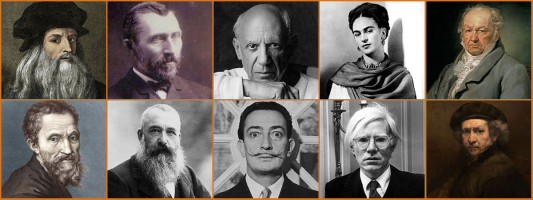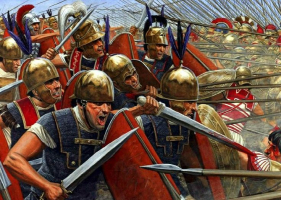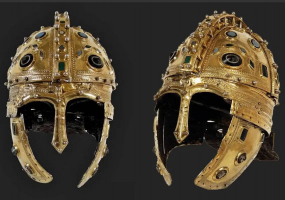Top 5 Most Famous Kings in History
The world has witnessed the rise and fall of many kings - both good and bad ones. Who are they? Let’s visit this Toplist article to have an overview of the ... read more...most famous kings in history!
-
Louis XIV (often known as Louis Grand Monarch, Louis the Sun King, or Louis The Greatest) was born on 5 September 1638 and died on 1 September 1715 in France, Versailles. He was the France King from 1643 to 1715, ruling the country from his grandeur Versailles palace in the best monarchy period in history - to the point that this period remains a symbol of the classical monarchy era today.That's why he was crowned as one of the most famous kings in history!
In many wars spanning from 1667 to 1697, Louis XIV extended the eastern borders of France while sacrificing Habsburgs in the process. After that, in the Spanish Succession War (from 1701 to 1714), the king engaged hostile European coalitions to secure his grandson's Spanish throne.
Before his eventual death, William of Oranges reactivated his anti-French alliance in the Spanish Succession War, which was such a huge disaster that France almost lost all of the advantages that it had tried so hard to earn in the past century. Private grief also traumatized Louis's calamities: his two grandsons (Dukes de Berry and Bourgogne), eldest son (grand dauphin), great-grandson (Duke Bretagne), and granddaughter-in-law (duchess Bourgogne), all passed away, which made Louis's death come somewhat sooner that it was supposed to.
Born-Died: 1638 - 1715
Title: King of France
Reign: 1613 - 1715
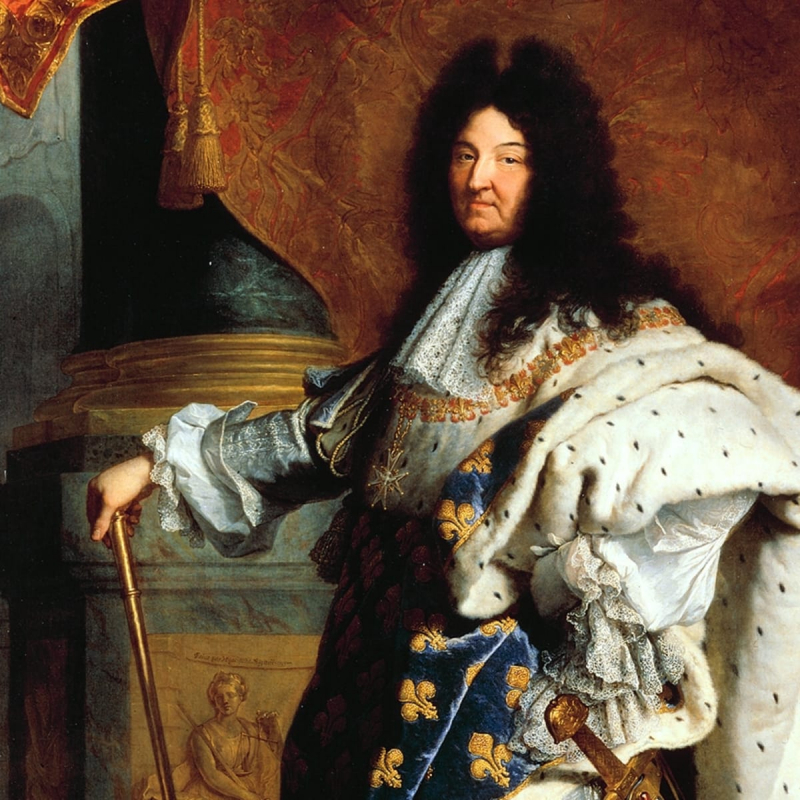
Source: Biography.com 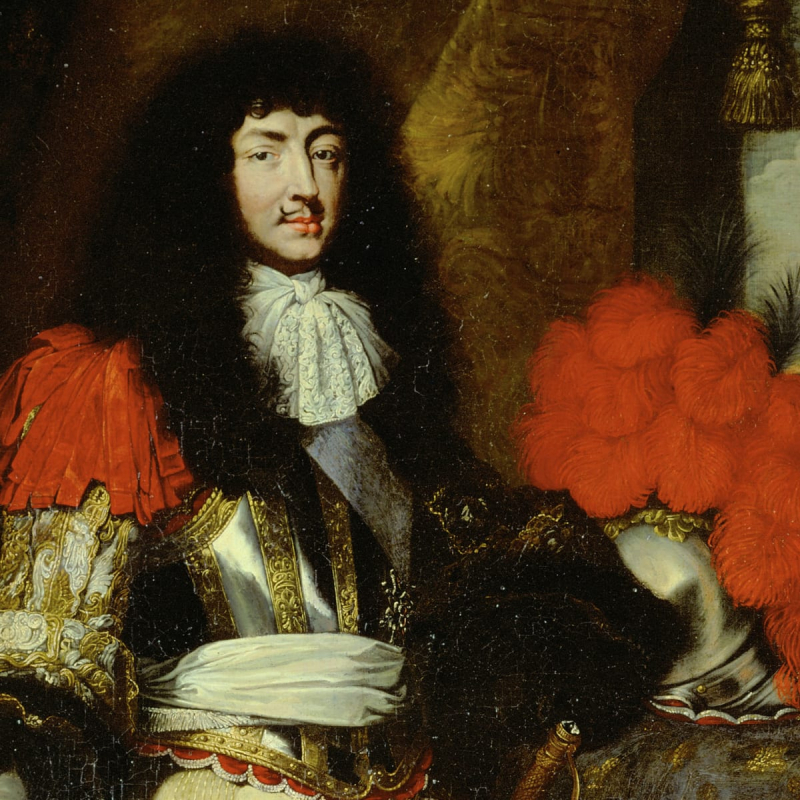
Source: History.com -
Henry VIII is definitely among the most famous kings in history. He was the second child of Henry VII (who was the first emperor of the Tudor lines) and Elizabeth (Edward IV's daughter; Edward was the very first king of York's short-lived line). After Arthur, his older brother, passed away in 1502, Henry took over and was assigned the throne's eventual heir. Compared to all other Tudor monarchs, Henry VIII was the only one who spent the majority of his childhood in peaceful crown expectation, which gave a degree of righteousness and majesty to his ebullient and willful character.
Henry VIII was great in both book reading and physical exercises of aristocratic societies. That was why, when he finally stepped onto his throne in 1509, people expected many things from him. Powerfully built, seven feet tall, and regarded as a tireless huntsman, dancer, and athlete, Henry VIII gave England a fresh air of spring joy after Henry VII's terrible reign. No wonder people still remember him centuries after his death!
Both Henry VIII's ministers and Henry VIII himself exploited the hatred stemming from his dad's unrelenting pursuits of royal rights; without a second thought, they sacrificed many unpopular institutions and soldiers that used to serve his predecessors. After Henry VIII's accession, the king married Catherine Aragone - the widow of Arthur.
Born-Died: 1491-1547
Title: King of England
Reign: 1509-1547
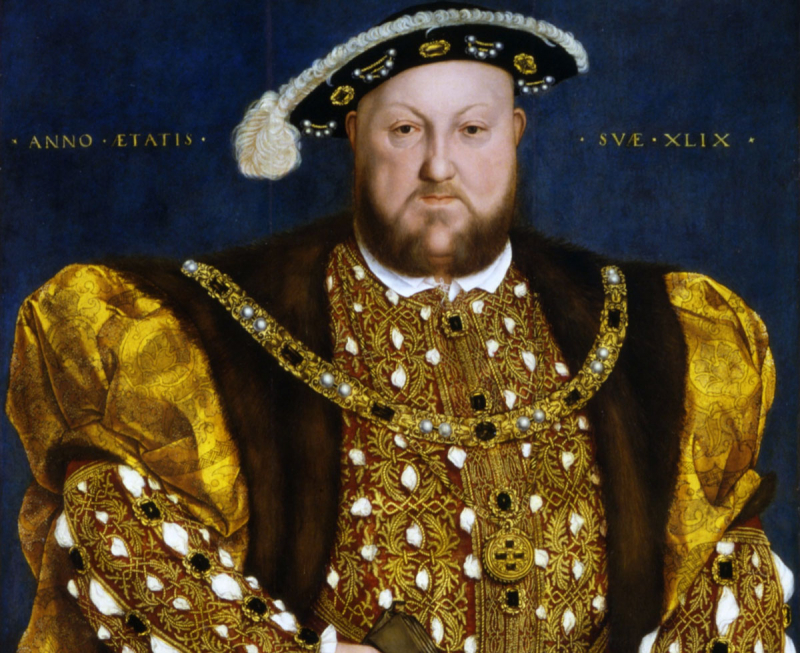
Source: History Today 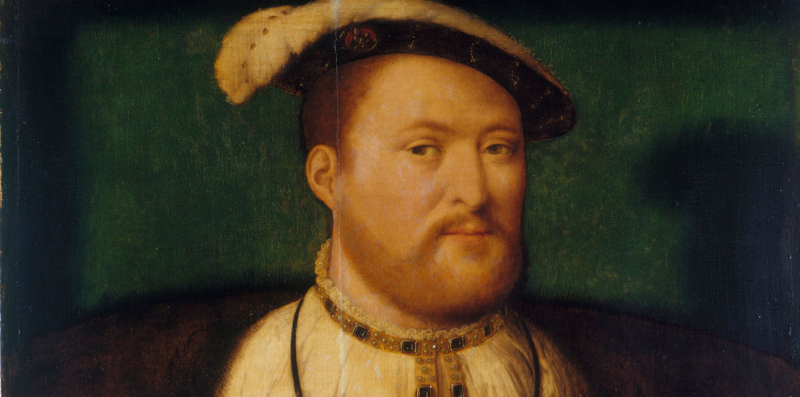
Source: The Royal Families -
Alexander III was born to his parents Maria Aleksandrovna and Alexander II. Many people speculated that he was nothing similar to his impressionable, softhearted father, and even less so than his complex, chivalrous, and refined grandfather Alexander I. Instead, Alexander II gloried the concept of being as rough as most of his current subjects; such a straightforward manner emphasized gruffness sometimes, but overall, his frank methods of expressing himself were in great harmony with his mobile rough-hewn features, which makes him one of the most memorable rulers in history.
In his first 20 years, no one expected Alexander III to take over the throne in the future. Hence, he only received perfunctory training sessions found in most other grand dukes that were no more than basic instructions of the military, German, English, and French drill. Hence, once he was assigned the throne's air after Nikolay (his brother)'s 1865 death, Alexander III decided to investigate further into administration and law principles, guided by K.P. - a political philosopher and jurist.
On 13 March, in 1881, Alexander II got assassinated; and on that very same day, Alexander II signed the ukaz that created several consultative commissions that have been converted into representative assemblies. However, Alexander III decided to cancel that ukaz before its publishing, announcing that he never intended to limit the autocratic powers he had successfully inherited.
Born-Died: 1845-1894
Title: King of Russia
Reign: 1881-1894
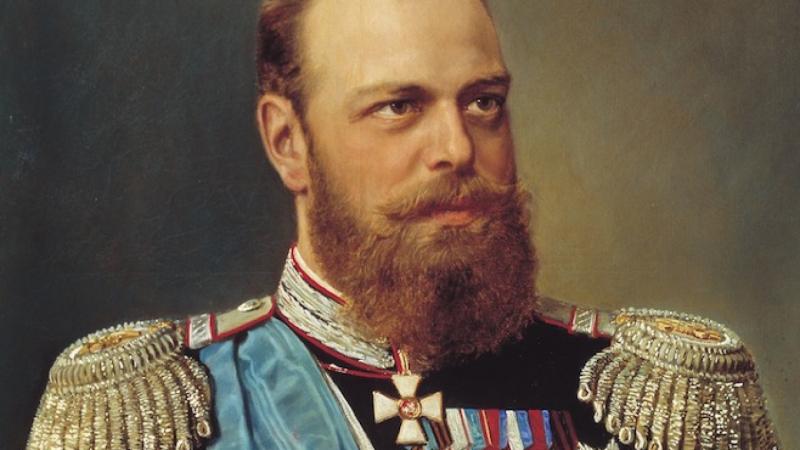
Source: The Moscow Times 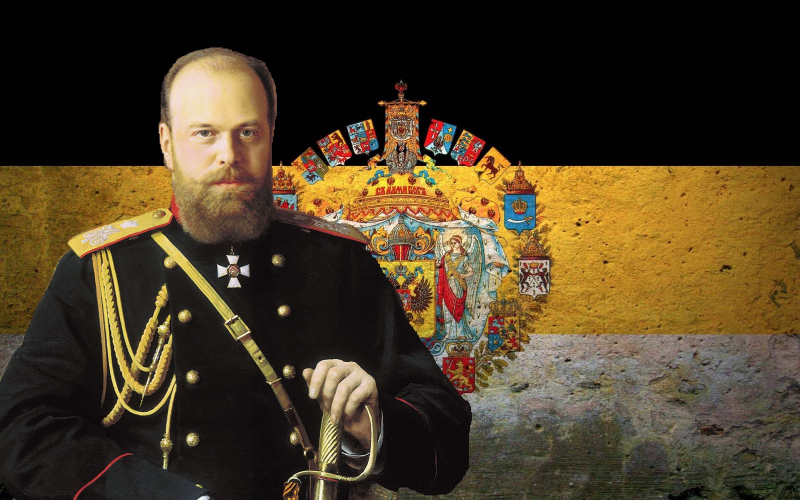
Source: The Mad Monarchist -
Cyrus II was speculated to be born around 580 to 590 BCE in Persis (Iran's modern province), or in Media. People are still arguing about his name's meaning to this day, as it's still unconfirmed whether that name was personal or given to Cyrus after he eventually ascended to his throne. We should note that this name never appears again after the end of the Achaemenid empires, especially in all Iran-related sources. That fact alone indicates some special meanings of that name.
Herodotus, a famous Greek historian, has always been cited as the best source that contained all critical info about Cyrus's life; Xenophon's idealized biography was written for Greeks' edifications regarding what a great ruler entailed rather than recounting the historical truth.The stories about Cyrus's childhood, crafted by Herodotus and with a hint of Xenophon, are later named "Cyrus legends", as they clearly adopt patterns of common folk beliefs that centered on the dynasty ruler's superhuman qualities.
Still, these stories do mention the great respect Cyrus II received - not only from Persians but also from other countries. Herodotus wrote that most Persians viewed Cyrus as their "father" - a type of attitude that not many Achaemenid rulers received later on. Long after his death, Cyrus II is still considered among the most respected kings in ancient history.
Born-Died: 580 (unconfirmed) to 530 BC
Title: King of Persia
Reign: 549 - 530 BC
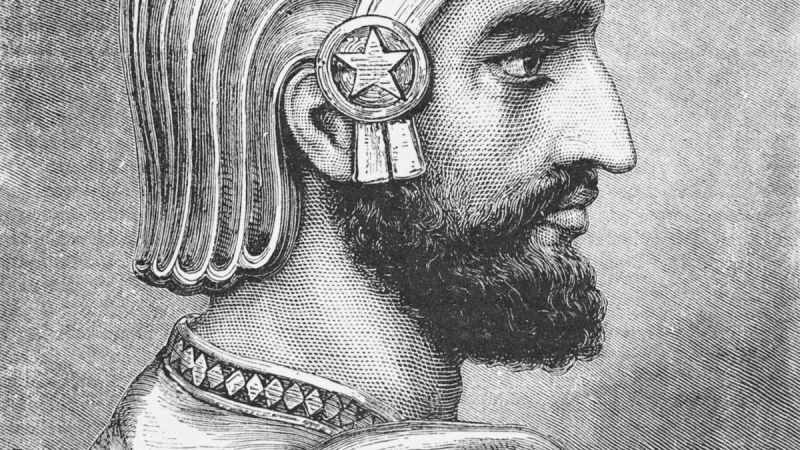
Source: National Geographic 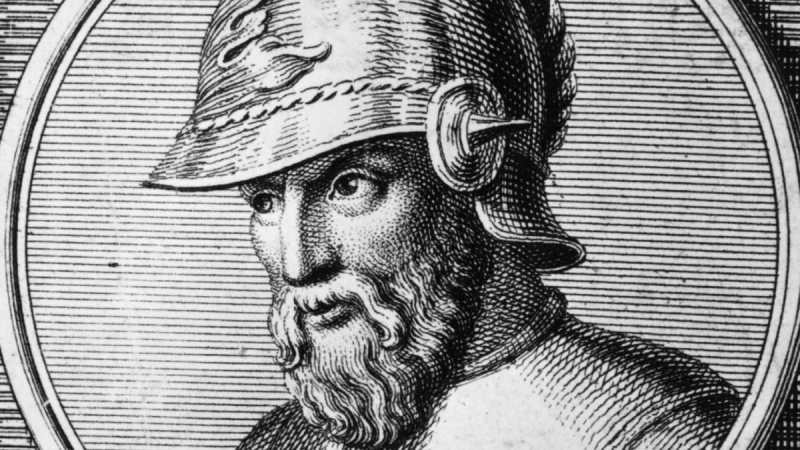
Source: History.com -
Charlemagne was a Frankish king of the eighth century that had successfully attained his status of Western mythical proportions. Among many other things that he did, Charlemagne was the one who united most European regions under his reign by sword power and helped restore the Roman Empire in the West before becoming its very first emperor - which is the reason he managed to make it into this list at top 5. Not stopping there, Charlemagne also facilitated an intellectual and cultural renaissance, whose ramifications are still felt years afterward.
To be more specific, around 800 CE, Pope Leo II crowned Charlemagne the "Romans' emperor", reviving the Western Roman Era after its unfortunate dissolution in the 4th century. Why was Charlemagne chosen among other competitors? That was mainly because of his long-lasting protectorates over the papacies. And that protector status grew explicit around 799 after the pope got attacked and had to flee for asylum. The follow-up negotiations rendered Leo's comeback as the pope, along with Charlemagne's coronation as the Romans' emperor.
In the first 30 years of his reign, the country was characterized by military campaigning. Out of all projects, the campaigns against the Saxon tribes are the most long-lasting and difficult ones. After decades of on-and-off fighting, bloody reprisals, and betrayed truces brought to the table, the Saxon armies eventually resigned in 804.
Born-Died: 747 - 814
Title: King of The Romans
Reign: 768 - 814
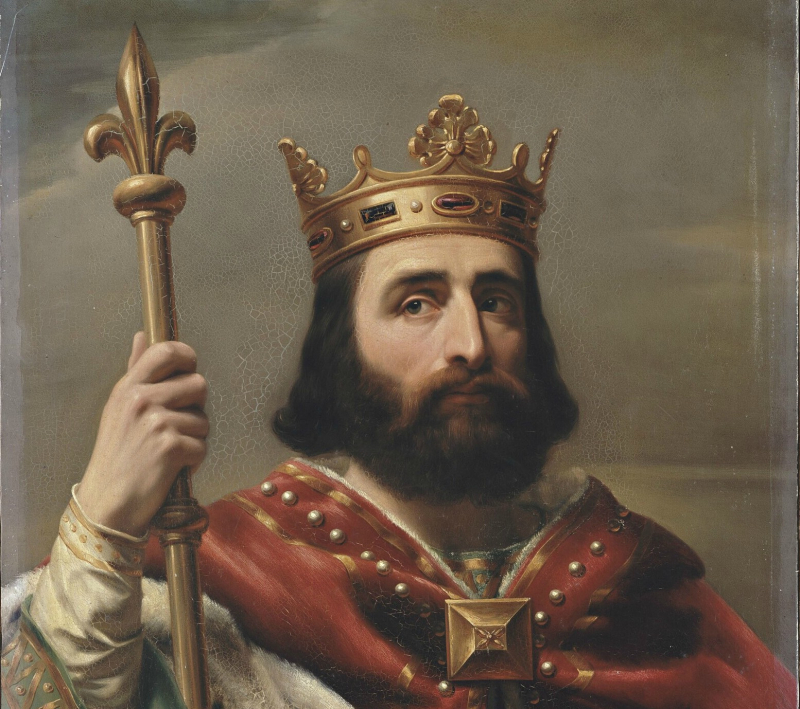
Source: Factinate 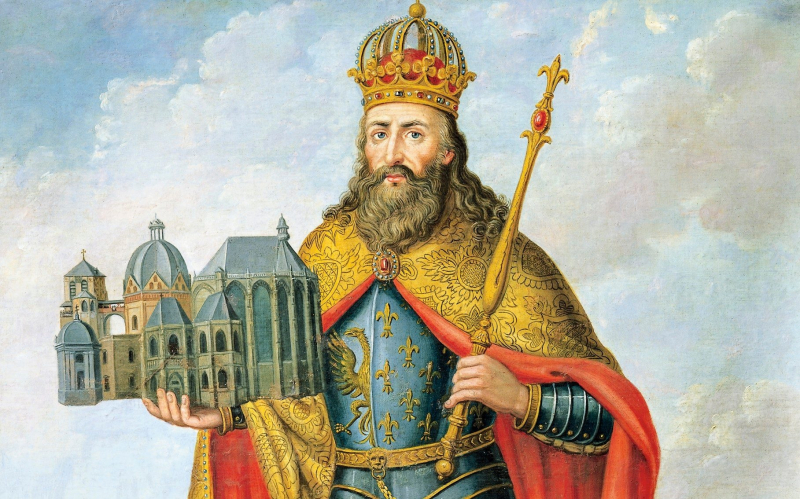
Source: Telegraph








